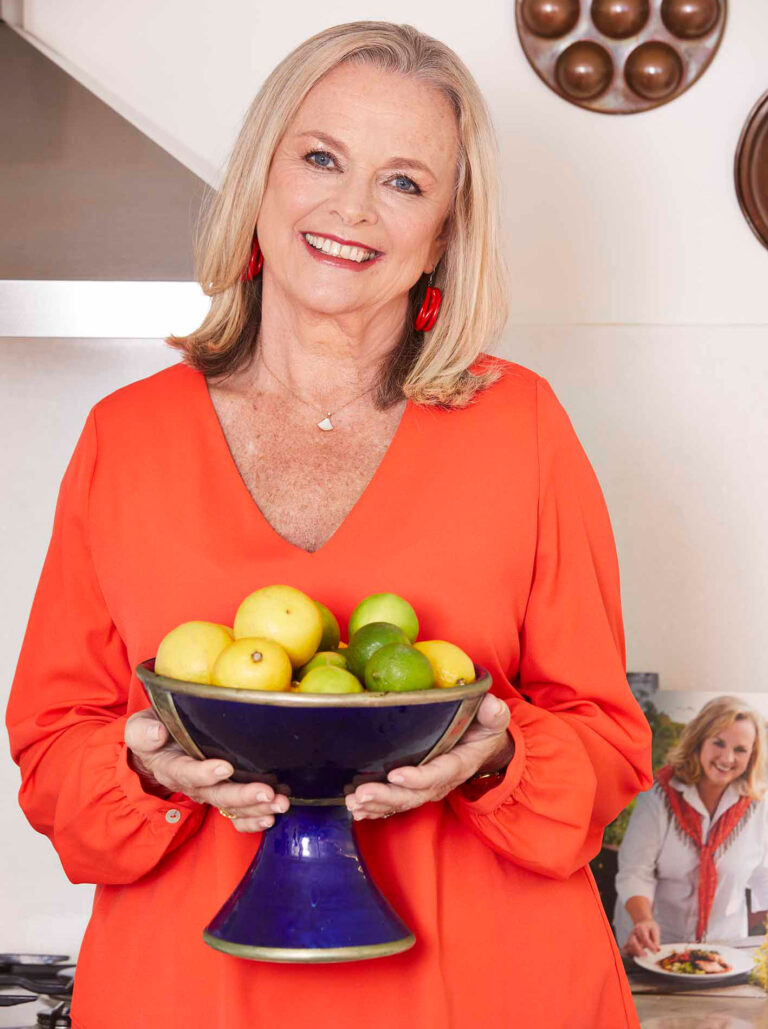Enjoying cooking pigeon breast after a visit to Marylebone Farmers Market
Regional and seasonal are catch-cry words, but does everyone understand exactly what they mean – or if they do pay more than lip service to them? Seasonal food is produce that is available locally or regionally around the time it is harvested e.g. asparagus in Spring, tomatoes in summer, root vegetables and pumpkin in winter etc. Meat and seafood are seasonal too.
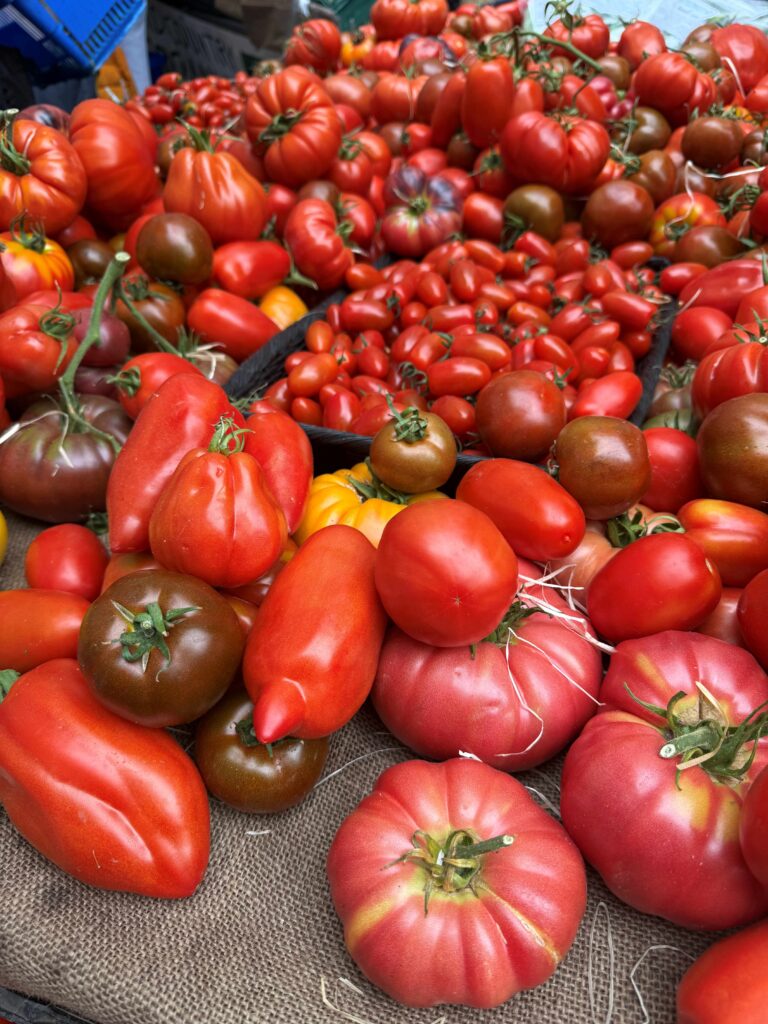
As a world traveller, I love the immediate difference in the seasons which is apparent when I frequent local markets wherever I may be. To arrive in the UK during game season is special, to be able to buy and cook wood pigeon from a local farmers market and eat grouse in a restaurant. Bliss. That’s why I love genuine farmers markets wherever I am in the world. You may have seen my posts at my local Marylebone Farmers Market in London and Northside Produce Market in Sydney.
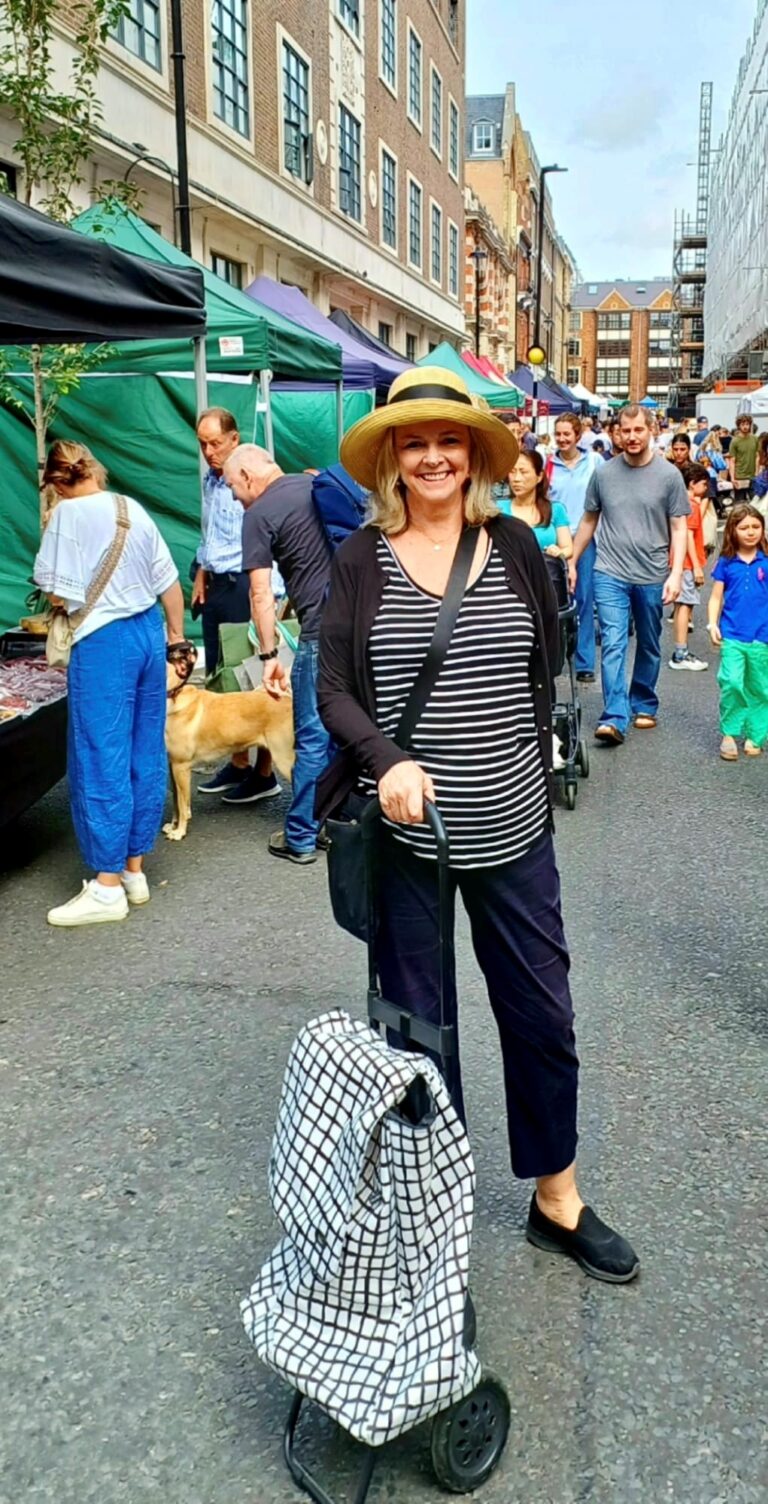
Seasonal food is, definitionally, fresher, better and more nutritious than food consumed out of season. This is also when it is cheapest, so a boon for the cook! Such produce is plentiful and has not had to travel long distances to market, or worse, be held in cold storage or frozen. Also produce which is allowed to ripen naturally, on the vine, bush or tree will have more natural flavour. Studies have actually shown that fruit and vegetables contain more nutrients when allowed to ripen naturally on their parent plant. It not only tastes better, it IS better for you, so makes you happier.
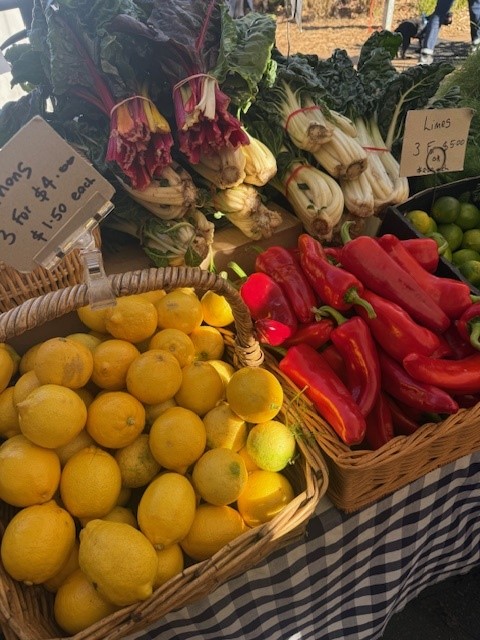
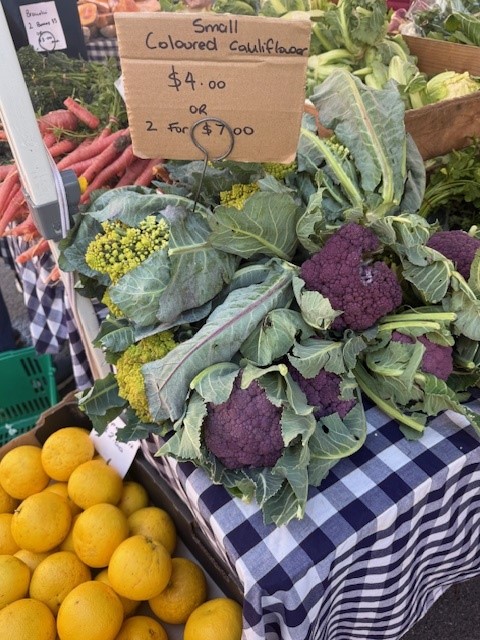
Food grown outside of season or natural environment needs more intervention like pesticides, waxes, chemicals and preservatives to grow and look appealing to consumers. By choosing local and seasonal food, you are also more likely to get a cleaner product.
There’s also something quite lovely about living in tune with the rhythm of nature and invariably seasonal food suits whatever climate you are in. Wherever you are, you will find something online or in a food magazine about what is in season locally.
Consumers are increasingly concerned about provenance of food. Look at the popularity of Growers Markets. People want authentic, traceable taste experiences. These markets are profitable for the farmer, allow direct customer interaction, offer ancillary business growth and reduce food miles. Certainly for the customer it is more pleasurable than shopping in a supermarket, reinforces seasonality and teaches about the provenance of that food. It makes you happy. You can also sample produce not available in supermarkets.
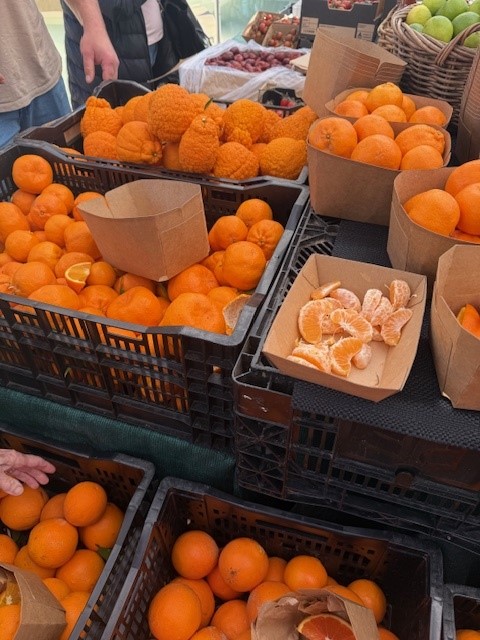
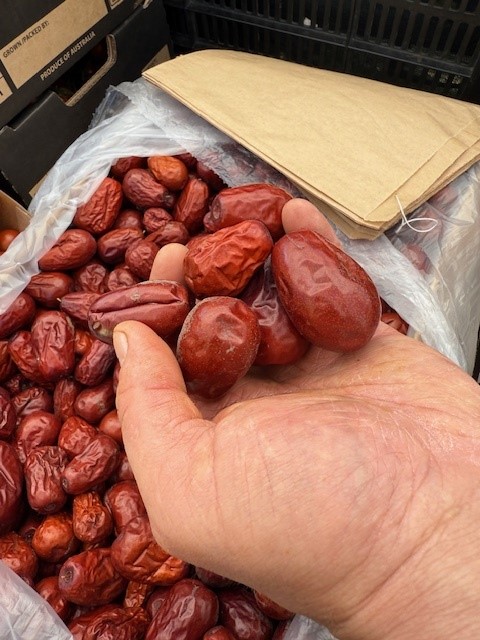
In an era long gone of infrequent communication and little transportation, non-nomadic peoples everywhere relied naturally on the produce that the land, sea and air around them provided. So food styles, cooking techniques and cuisines developed in isolation over hundreds of years. Think about such traditional recipes and cooking methods which are inextricably linked even by name like boeuf bourguignon, paella Valenciana etc. However, countries opened up, settled or established even in the last few hundred years did not experience such isolation.
Yet, even in the modern world, certain areas are better suited to producing particular ingredients; the tropics for Asian vegetables and tropical fruits, cooler areas for milk and dairy products, wide plains for wheat, coastal areas for seafood etc.
Food festivals all around the world often celebrate what is grown and produced in local areas – not forgetting the importance of the skills of the people who live there and what they do with it. Sure it’s about the terroir and environment but it’s also about local pride and the community – what the locals do with the local environment and what is grown there.
So take note of thinker and prolific author, Michael Pollan who said not to eat food your grandmother wouldn’t recognise and not to buy your food where you buy your petrol.
Next time you sit down to breakfast, reflect on your food’s connection to the wheat, corn and sugar-cane fields, the dairy cows, the chickens, the orange orchards and the tea or coffee plantations – and the food supply chains that have transformed these raw agricultural commodities and transported them to your plate.
